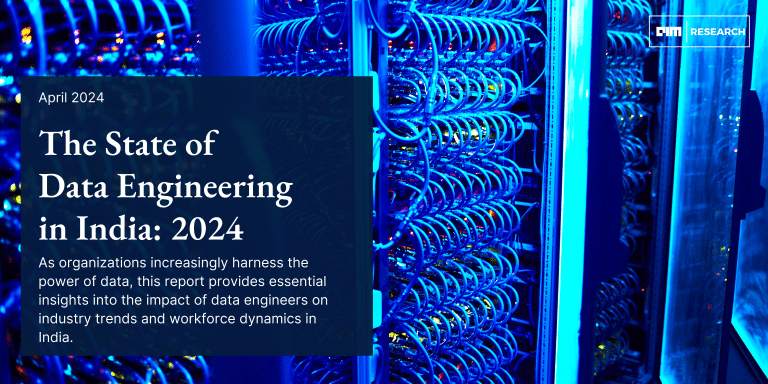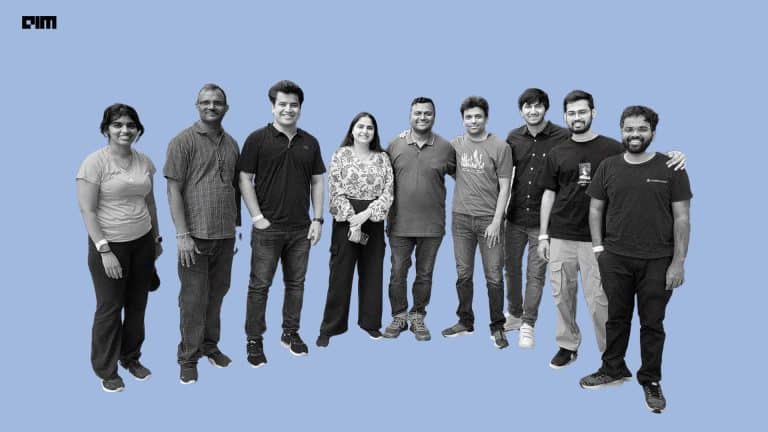Year after year, the field of ML is progressing at break-neck speed, and new algorithms and techniques are entering the space at a high frequency. Also, machine learning workloads are becoming increasingly more prevalent. However, there are significant challenges in democratizing machine learning and reliably scaling and deploying ML workloads.
In this article, we will have a look at some of the ML workload challenges and how data lakes can help overcome them.
Challenges In ML Workloads
Data Collection
ML workloads typically benefit from data — the more data is put into these workloads the better they become. So in order to make the most of the ML workloads, organisations across the world are looking for ways to collect data. However, the cost data collection and storage has to be low — one just cannot spend a huge amount of money collecting and storing data durably as one would not know when are where the data would be used.
Extremely Experimental
ML workloads are iterative and experimental — it takes multiple experiments to check how the models are working. So, it is quite challenging. To over this ML workload challenge, a disposable infrastructure is something that organisations need. Why? Because this kind of infrastructure will allow training the ML model and when it’s no longer needed it can be disposed of.
Another thing that organisations working in the field of Machine Learning should keep in mind that they should be able to decouple compute and storage in order to run the workloads only when we need them.
Data Exploration
It is another challenge that organisations face. Collecting and storing huge amount of data is one thing, however, the struggle that organisations have to go through is exploring that data — what’s the format, what’s the schema, what data is usable, and what’s the data source.
It’s a whole different process and takes a lot of work. Talking about the exploration of data, schema on read is something that every organisation leverage. If you don’t know schema on read, it a data analysis strategy. In schema on read, data is applied to a plan or schema as it is pulled out of a stored location, rather than as it goes in. Another important thing to keep in mind is a data catalogue that centralizes all information on the data in one location.
Flexibility In Tool Set Selection
Selecting the set of tools is another challenge — tool sets differ based on the developer. Two different developers might not use the same kind of tool. So, it is important to have flexibility in selecting the correct set of tools. One should be able to quickly plug and play different tools and frameworks as there are a lot of new technologies are entering the space. Another thing is to keep data in the open data format as that it goes really well with most of the open source engines.
A Solution To All The Pain Points: Data Lake
A Data Lake is a central location in which to store all your data, regardless of its source or format. One can store data as-is, without having to first structure the data, and run different types of analytics—from dashboards and visualizations to big data processing, real-time analytics, and machine learning to guide better decisions.
Over the years, the concept of data lake has gained a lot of traction and now, in order to successfully generate business value from data and outperform peers, organisations across the world are actively working on building data lakes.
We have already mentioned the challenges that organisations face while working with ML workloads, and as to solve the pain points, building a data lake is a great option as it solves the issues.
- Data Lakes let you import any amount of data that can come in real-time.
- Data Lakes allow you to store non-relational and relational data from IoT devices, web sites, mobile apps, social media, and corporate applications
- Written at the time of analysis (schema-on-read)
- Faster query results and low-cost storage
- Data Lakes allow various roles in your organization like data scientists, data developers, and business analysts to access data with their choice of analytic tools and frameworks.
The ability to a data lake to harness more data, from different sources, in less time, is what makes it a better option when dealing with ML workloads. It not only empowers users to collaborate and analyze data in different ways but also helps in making decisions faster.


















































































